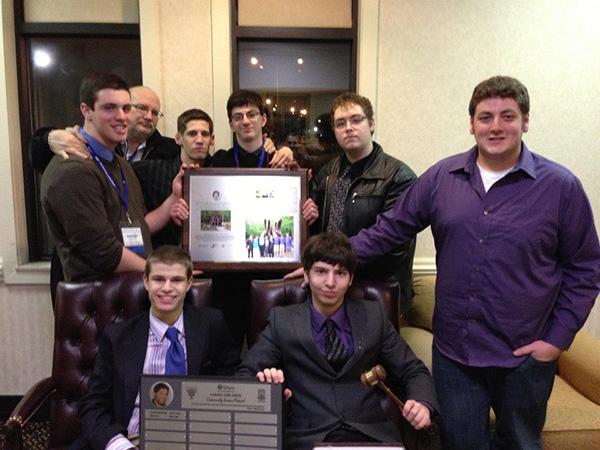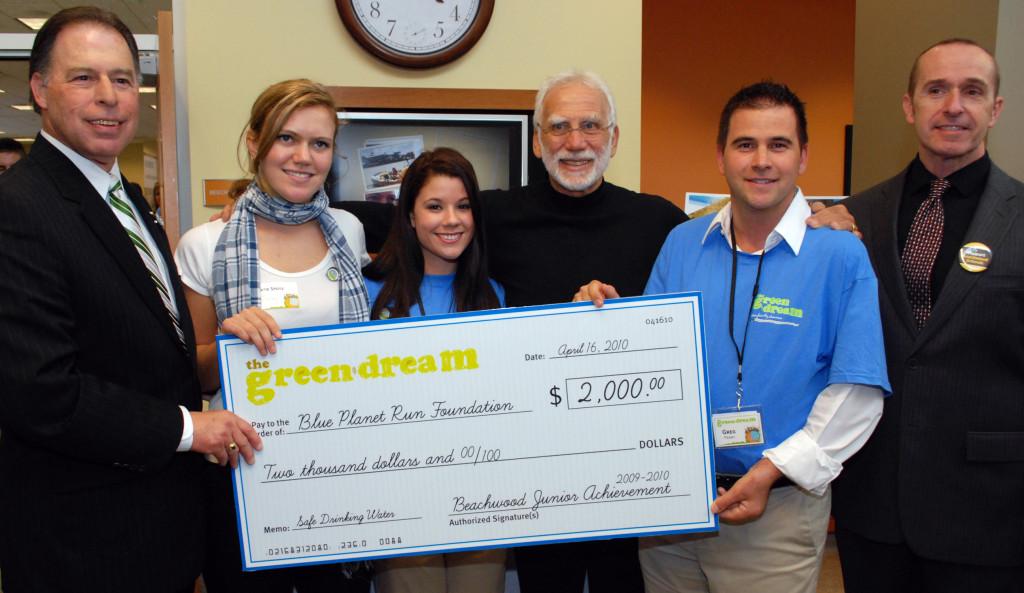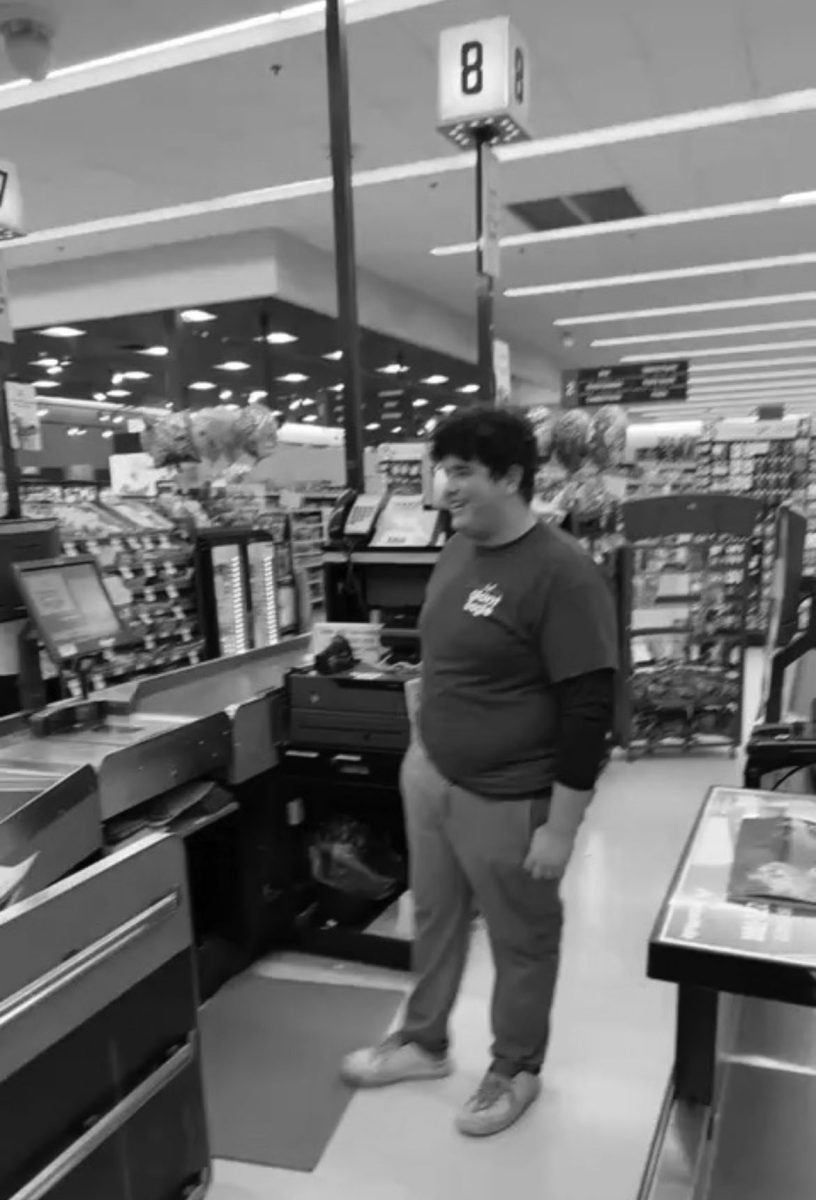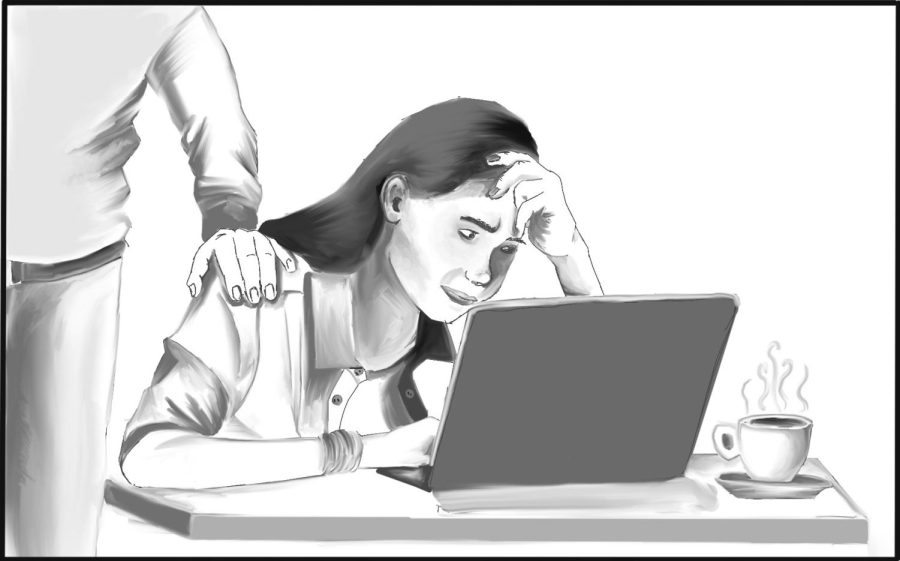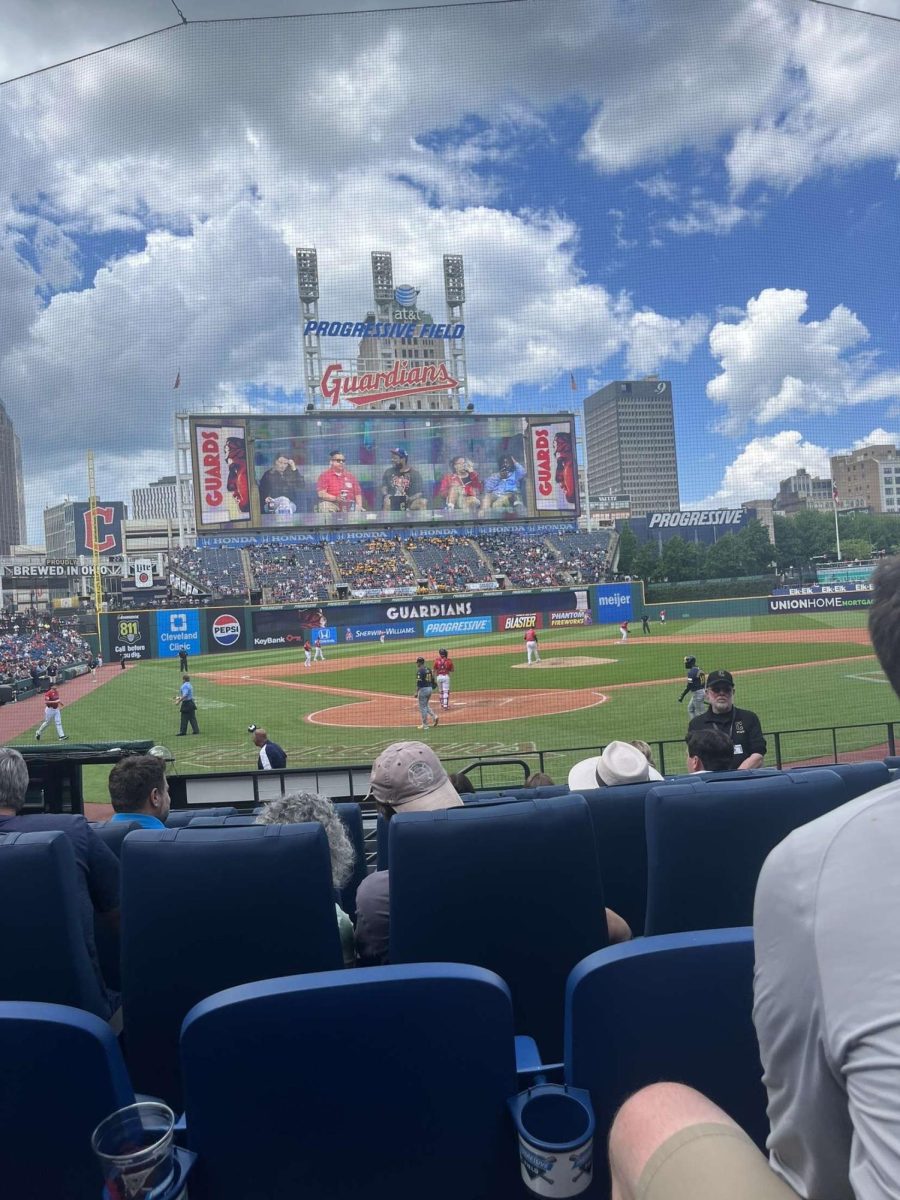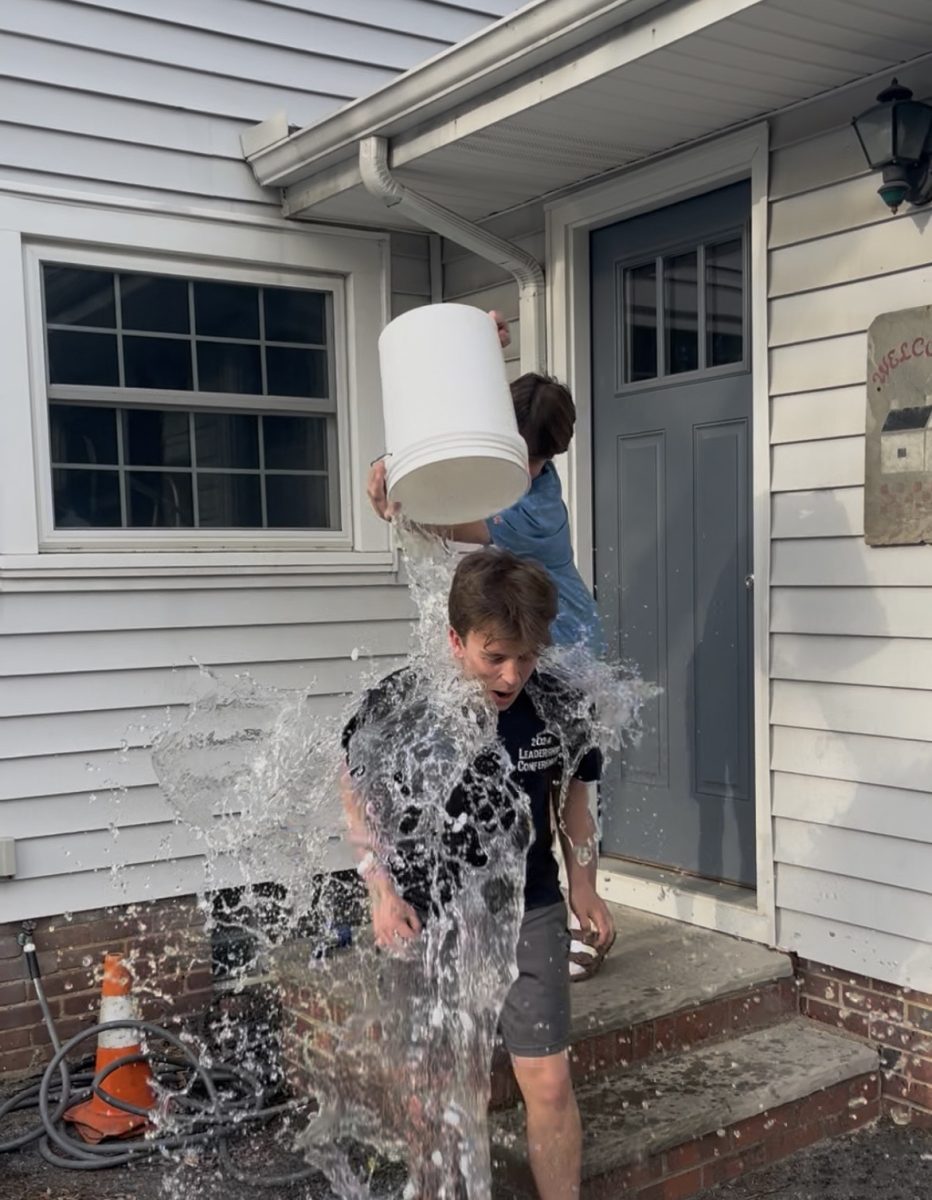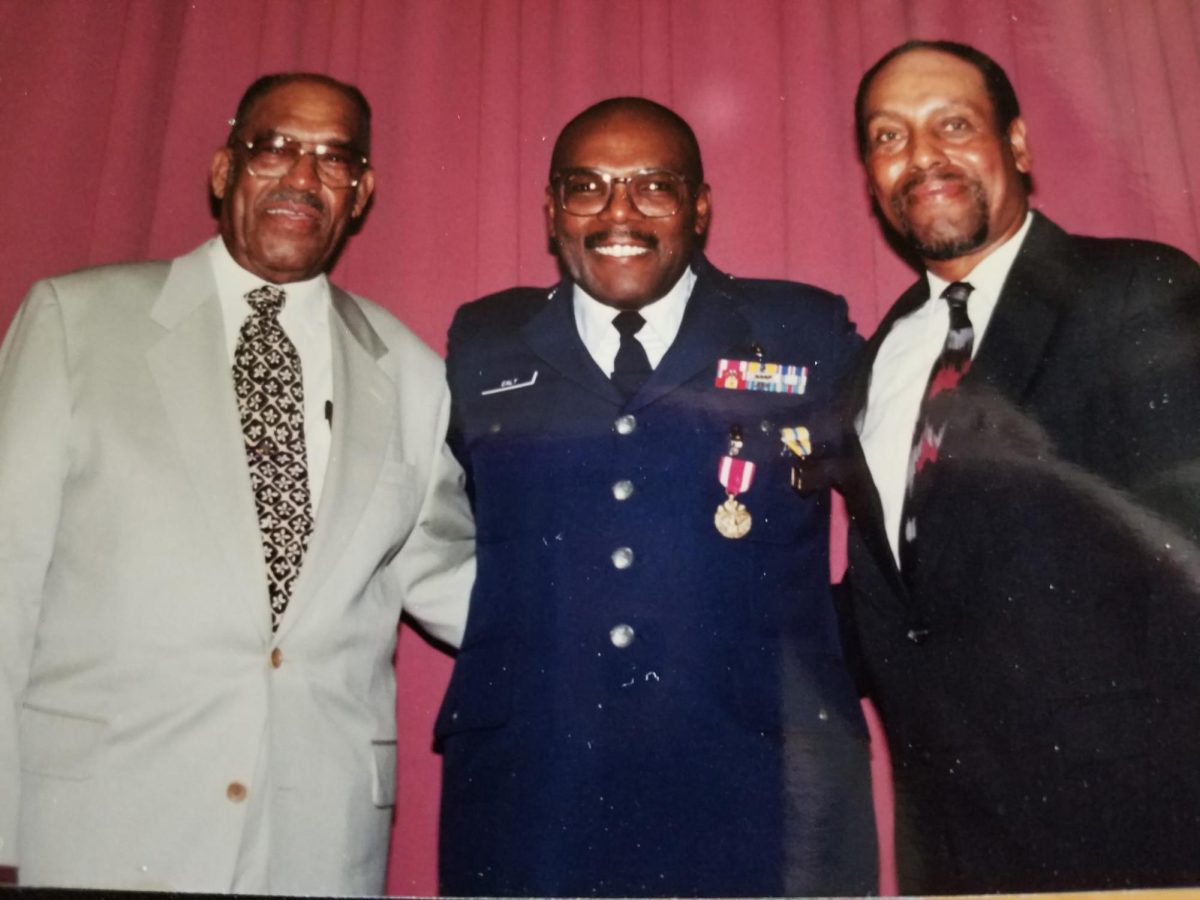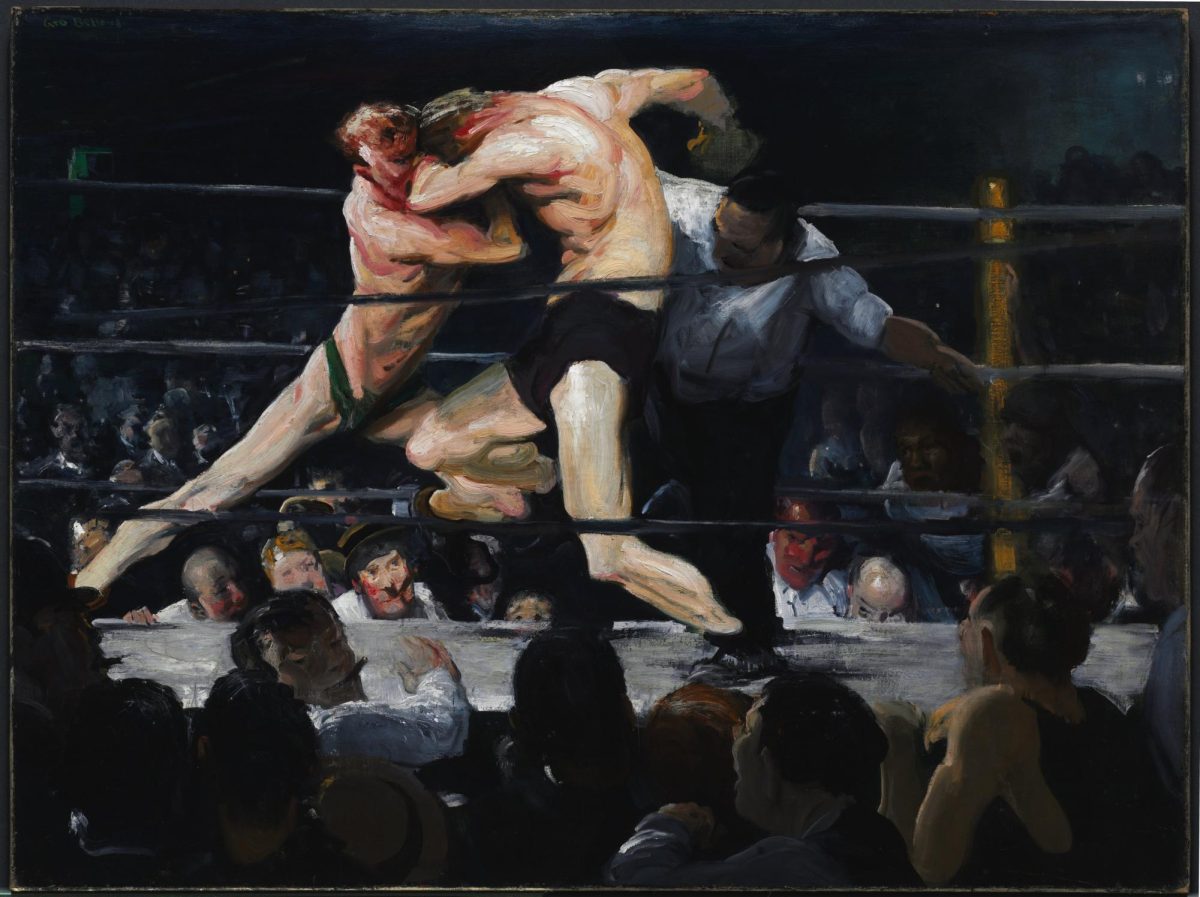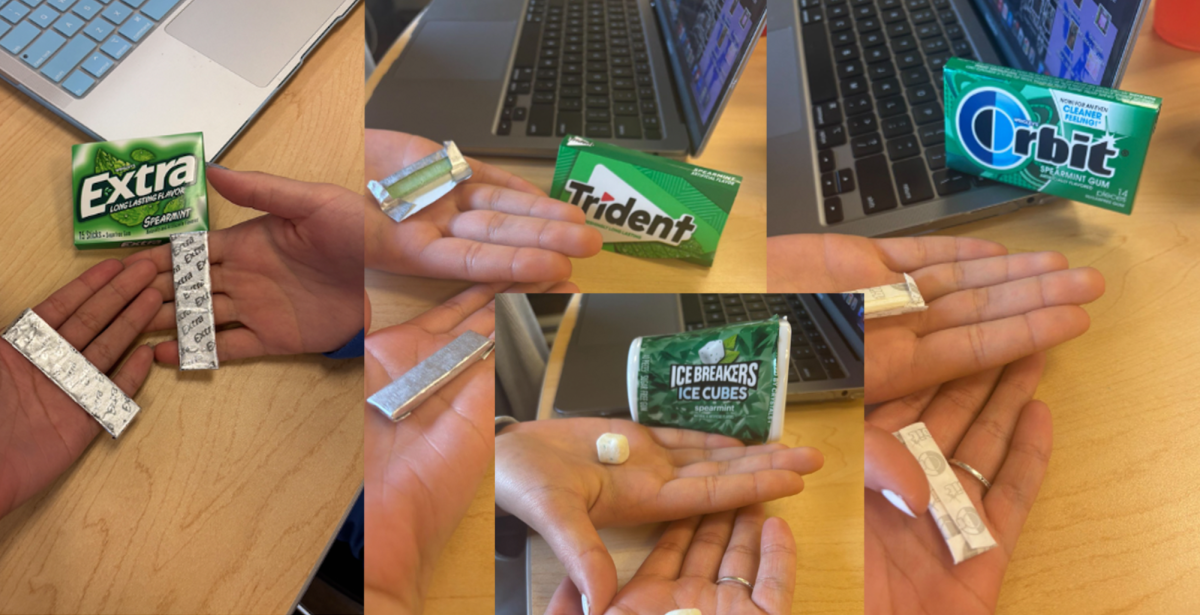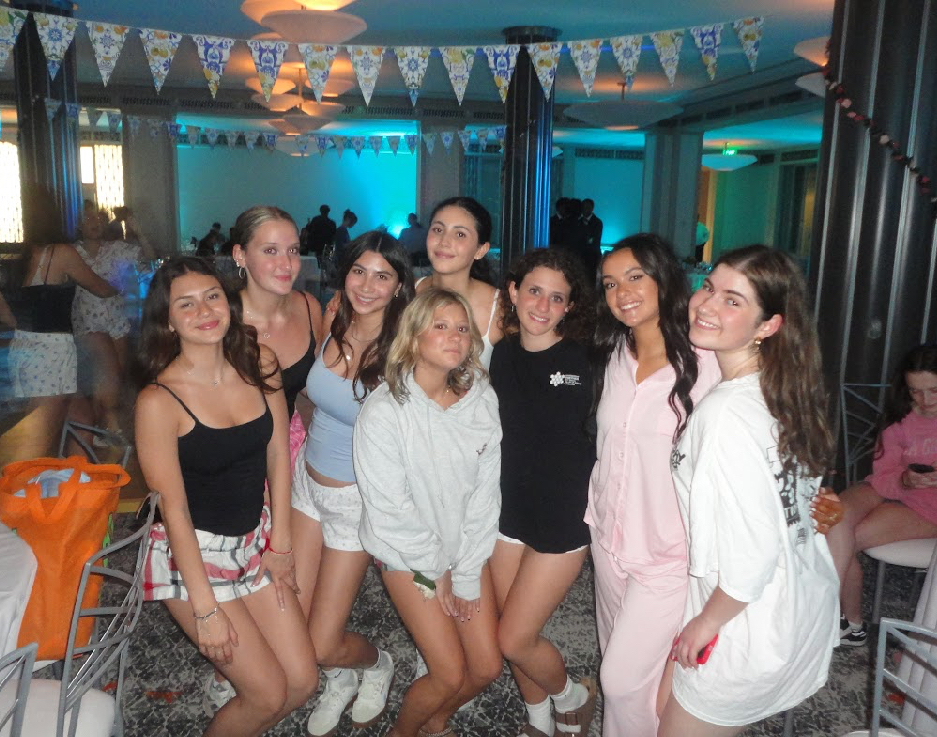“I dedicate 24 hours a week to BBYO. Even though school is supposed to come first, in my mind school comes second,” said junior Lucie Shiffman.
“I’m constantly here,” said sophomore Jessica Solomonova of NCSY.
“BBYO’s my number one extra-curricular,” junior David Bohm said.
Jewish youth groups play a dominant role in the lives of many BHS students. But how do these religious organizations become so central to an individual’s identity?
BHS students belong to Jewish youth groups including the non-denominational B’nai B’rith Youth Orgainization (BBYO), the primarily Orthodox National Conference of Synagogue Youth (NCSY), the mostly conservative United Synagogue Youth (USY), and the largely reform North American Federation of Temple Youth (NFTY).
Some students felt discouraged them from joining because they feel smothered by the Jewish community and it took some prodding before they would join a Jewish youth group.
Senior Hannah Rubenstein was hesitant about joining because of the other Orthodox kids who went to her temple.
“When I was a lot younger, there were kids in the Jewish community who had always kept Shabbos, and they sort of excluded my siblings and I, and said that we weren’t good enough because we weren’t born keeping Shabbos,” wrote Rubenstein in an e-mail.
“I joined when I was in 8th grade because my mom forced my sister and I to go. We really did not want to go. We really were not interested in Judaism,” she wrote. “…We ended up loving it. (…) It showed me that keeping Shabbos was fun and there was a way to lead a Jewish lifestyle while being ‘normal’.” Rubenstein is now a member of NCSY Board at the chapter, regional and national levels.
Sophomore Erin Evans felt overwhelmed by the presence of Judaism in her life when she was considering joining USY as an 8th grader enrolled in Jewish day school. However, being in a less Jewish environment in high school made it easier for her to get involved. “It was too much and I was being pushed to be in a Jewish youth group, but now it feels fine,” said Evans, who holds the Social Action Tikkun Olam position in her temple’s USY chapter.
For others, the strong Jewish community of Beachwood and the prevalence of Judaism in their lives affected their decision to join. Strengthening their Jewish identity at Jewish youth groups made them feel more accepted in an environment that was so prevalent in their lives.
“Even though a majority of people [in Beachwood are] Jewish, it didn’t make a difference-it didn’t discourage me at all. I love the culture, I’ve always loved the culture. I liked the idea of a social group among Jewish people,” said Bohm, who is president of his BBYO chapter.
“Beachwood being a very Jewish community almost made it like, Yeah, I’m Jewish, and I’m proud to be Jewish, so I want to be more involved,” said sophomore Hannah Frayman, regional song leader for the Northeast Lakes region of NFTY.
Whether hesitant or exuberant about joining, those that do join tend to get heavily involved for several reasons. A major one is social. The friends made in Jewish youth groups start to dominate the social lives of members.
“What keeps you coming back are your friends,” said NCSY member Solomonova, “ Of course there are lot of benefits of being in NCSY and learning something new about your religion and who you are, but what really keeps you coming back are your friends.”
“It’s a big part of my life, social-wise,” Evans said.
Another reason why members seem to become so dedicated is because it changes how they see themselves, making them more confident and improving leadership skills.
“NCSY has really changed my life. I now find myself more confident, outgoing and self-assured on the path that I’m taking in life,” wrote Rubenstein.
In fact, it was the positive effect that BBYO had on Shiffman’s siblings that was part of her reason for joining. “I saw what it did to their lives and how it affected them. Why wouldn’t I want to join?” Shiffman said. “It puts you in situations where you’re in charge. It’s a youth-led movement, the adults are just to make sure we don’t become like Lord of the Flies.”
“I think it has the potential to help people become more social,” said Bohm.
A last reason why people become some involved in these youth groups is that they inspires members to be more religious, while providing an outlet to express this increased religiosity.
“I’ve been taking things a little bit more seriously when it comes to the holidays and traditions and stuff. I’m really starting to understand who I am as a person. I guess before you could say I knew I was a Jew, I knew who my family was, but I would never really understand or be as involved as I am, and I really think NCSY has something to do with that,” said Solomonova.
“NCSY gave me the tools. NCSY didn’t MAKE me more observant with Judaism. Me becoming more observant was a personal choice, and it happened to be that NCSY was a place that supported my decision,” she elaborated.
However, many Jewish BHS students (and other teens) only come to a couple of events and are not as enticed. For them, Jewish youth groups do not add to their identities, but are merely a piece of the puzzle that doesn’t quite fit with who they are.
Junior Zach Davis went to two or three BBYO events before deciding not to join. “It was a little awkward. Everyone in BBYO was like ‘we’re brothers.’ I didn’t feel like I was connected to these people. I felt like an outsider. I had fun at the event but I wasn’t part of the group,” he said.
“People feel very wedded to it and you can’t say anything bad about anyone who’s in BBYO because they’re all friends with everyone in BBYO. They’re a very tight-knit group and they’re a bit over-the-top with it,” Davis elaborated. He also cites his transition to atheism that was occurring at the same time as a reason for not joining.
As Jewish youth groups start to dominate the identity of members, it seems natural that youth group life would spillover and affect their lives as BHS students. Many see this overlap as not entirely positive.
“There are (…) a lot of people who think [BBYO] a bad thing. I know there are people who [speak poorly of] it. But those are typically people who are friends with people in this school and they consider themselves popular,” Bohm said.
For Rubenstein, her increased dedication to Judaism is at least partially a result of NCSY had a somewhat negative impact on her life at Beachwood. “I feel kind of out of place sometimes. Missing a ton of school for the holidays, wearing a skirt when I play softball–I’m proud of what I do, but it’s hard,” she wrote. “I feel like sometimes, people in Beachwood are freaked out by me, and they see me as that, ‘really Jewish girl.’’
Other members maintain that life in Jewish youth groups and life at Beachwood don’t intermingle.
“I would say [they’re] pretty separate,” Solomonova said.
“At Beachwood, they’re kind of just the norm… The people who are in them love them and the people who aren’t in them are kind of indifferent,” Davis said.
For those heavily involved, Jewish youth groups may offer friends, new social skills, and a newfound religious identity while possibly adding some social stigma at school. However, the fact that they keep coming back shows that the positives seem to outweigh the negatives.
“BBYO is indescribable. I couldn’t sit here and talk to you-its something you have to experience,” Shiffman said.



